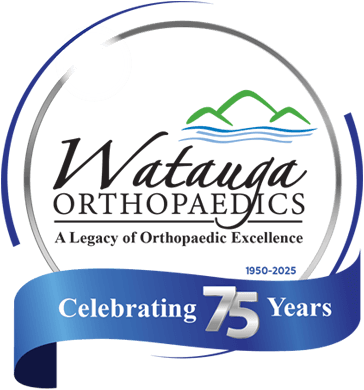Extensor Tendon Injuries (Hand)
Introduction
An extensor tendon injury occurs when the tendon is torn, cut or otherwise detached. The extensor tendons attach to the back of your fingers and thumbs. They allow your fingers and thumbs to straighten and perform fine coordinated movements. Extensor tendon injuries can result from trauma, burns, or arthritis.
Extensor tendon injuries cause loss of movement, pain, and swelling. Some extensor tendon injuries are treated with splinting and hand therapy. Surgery may be necessary in cases of tendon separation, fracture, or malalignment.
Anatomy
Your extensor tendons begin in your forearm and continue to the back side of your fingers and thumb. As the extensor tendons reach your fingers, they become flat and thin. They are located just underneath the skin. The extensor tendons are attached to your phalanges via a complex system. The extensor tendons allow your fingers and thumbs to straighten and perform fine coordinated movements.
Causes
Symptoms
Diagnosis
Treatment
Surgery
Recovery

Copyright © - iHealthSpot Interactive - www.iHealthSpot.com
This information is intended for educational and informational purposes only. It should not be used in place of an individual consultation or examination or replace the advice of your health care professional and should not be relied upon to determine diagnosis or course of treatment.
The iHealthSpot patient education library was written collaboratively by the iHealthSpot editorial team which includes Senior Medical Authors Dr. Mary Car-Blanchard, OTD/OTR/L and Valerie K. Clark, and the following editorial advisors: Steve Meadows, MD, Ernie F. Soto, DDS, Ronald J. Glatzer, MD, Jonathan Rosenberg, MD, Christopher M. Nolte, MD, David Applebaum, MD, Jonathan M. Tarrash, MD, and Paula Soto, RN/BSN. This content complies with the HONcode standard for trustworthy health information. The library commenced development on September 1, 2005 with the latest update/addition on February 16, 2022. For information on iHealthSpot’s other services including medical website design, visit www.iHealthSpot.com.




